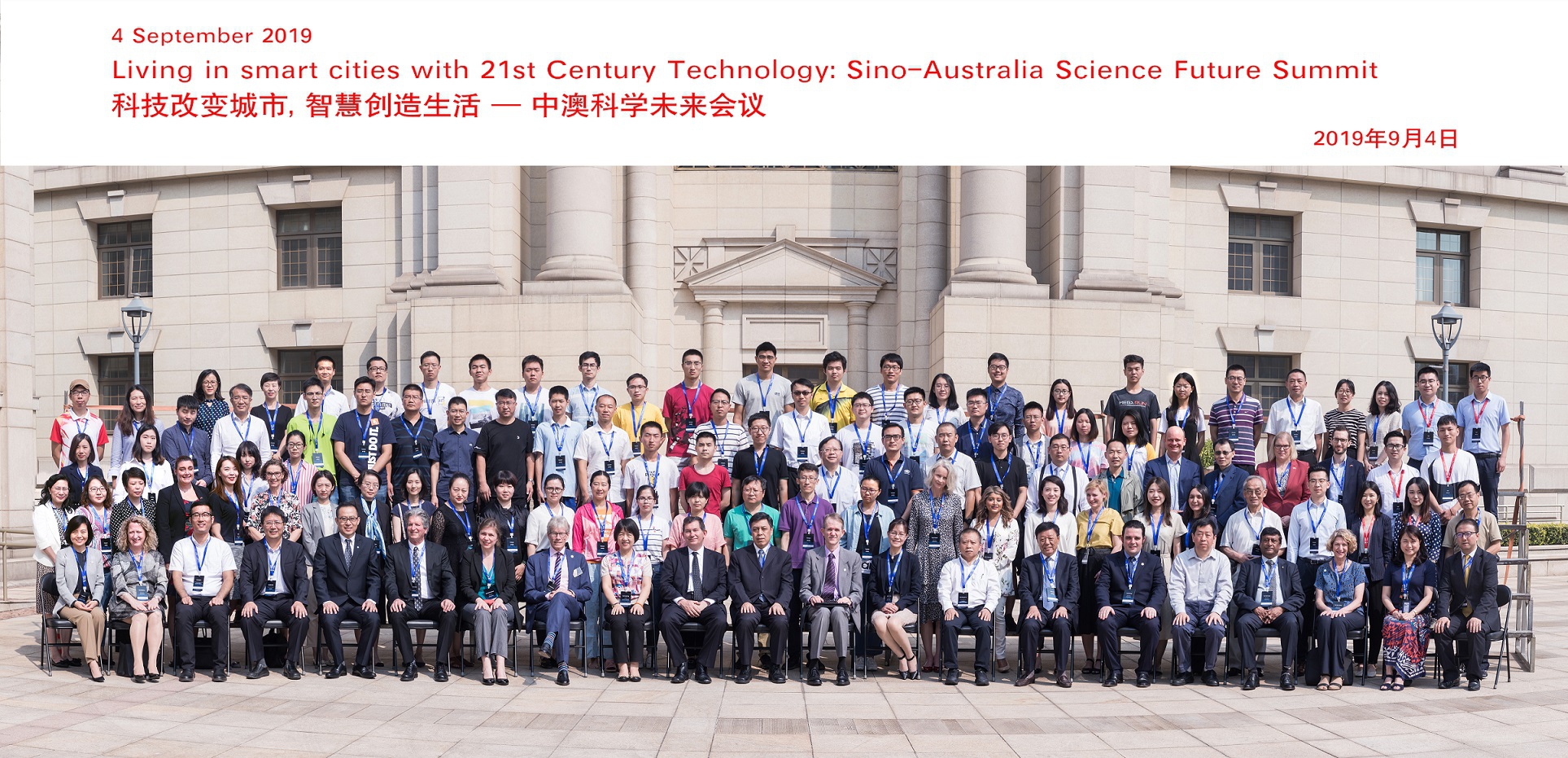Living in Smart Cities with 21st Century Technology:
The Second Sino-Australia Science Future Summit Held in Beijing
The second Sino-Australia Science Future Summit was held on 4 September 2019 with the theme of "Living in smart cities with 21st century technology." Hosted by CAS Institutes of Science and Development (CASISD), University of New South Wales (UNSW) in Sydney, and journal publisher Nature Research, the summit brought together key opinion leaders, senior academics, government officials, capital investors and industry leaders to discuss the innovative solutions to tackling sustainability, rapid urbanization, and new cutting-edge technologies for tomorrow’s smart cities.
In this rapidly changing world, profound changes brought by new disruptive technologies have occurred to our economy, social development and daily lives, said PAN Jiaofeng, president of the CASISD.
"Our finance system has changed due to algorithms and digital currencies. Our transportation has changed due to electric cars. Our communication has changed due to new digital technologies. Our living spaces have changed due to smart cities and smart countries," Pan said.
Australia and China are both important countries in the Asia-Pacific region, and by collaborating in science, technology and education, both countries could more accurately deal with the major issues facing Australia, China and the world, and truly promote global cooperation, stability and development, he said.
Graham Fletcher, Australian Ambassador to China, said in the opening remark, "this summit enhanced cooperation between experts from the two countries. We should strengthen further exchanges in the field of science and the future of society."
"blockchain and artificial intelligence are examples of 21st century technologies that are often on people's mind, as blockchains are being used to support and verify global transitions, while AI is being applied to a wide range of sectors from health to transportation," he also added.
UNSW has been collaborating with the Chinese Academy of Sciences for 10 years through scientific inquiries and innovation, and China has overtaken the United States as Australia's top co-author of scientific papers in recent years. Ian Jacobs, president of the UNSW, said that China has "emerged as a major source of knowledge creation" and "the cooperation has exceeded our expectations."
Jacobs highlighted the fact that there is still room to grow in Sino-Australia scientific cooperation, as about three percent of China's international papers are co-written with Australian peers.
"I hope to see more Chinese and Australian researchers collaborate in more future research," he said.
The Sino-Australia Science Future Summit is an annual forum focusing on multi- and interdisciplinary challenges that impact research, science and economic policy formation. The aim is to provide recommendations to senior levels of government in Australia and China for the benefit of society in both countries and beyond.

group photo